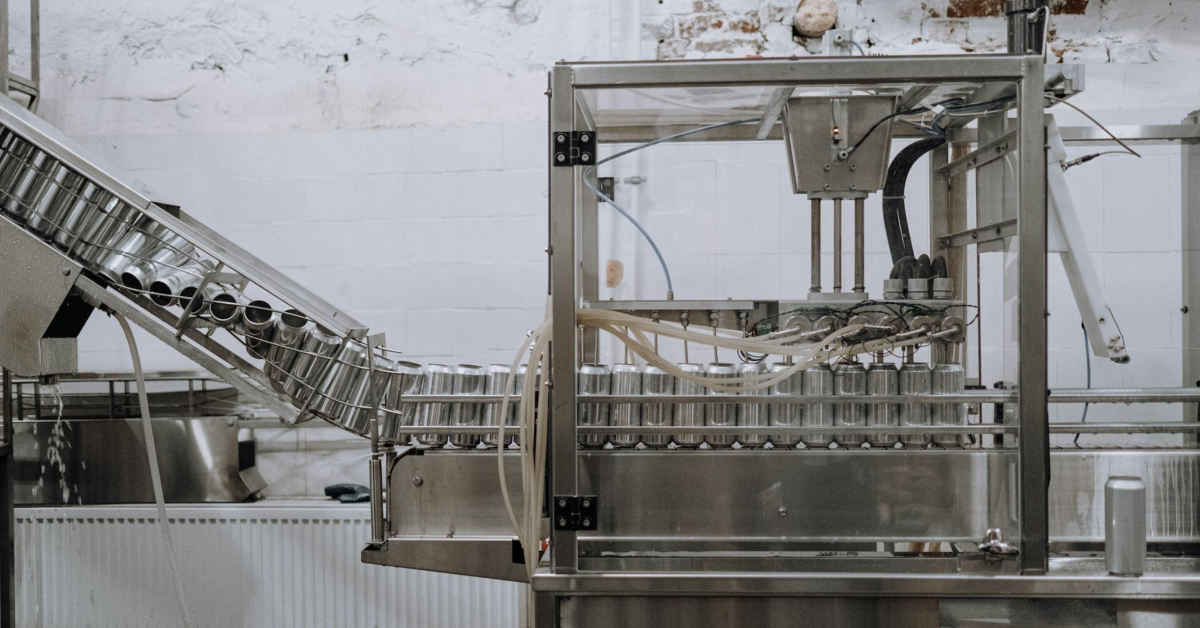You’ve designed a product and are ready to take your design to a manufacturer.
But how do you choose the proper manufacturer? There are many companies to choose from. This guide can help you narrow down the right one for your product.
Key Takeaways
- Identify a manufacturer specializing in your product type to ensure they meet your specific needs.
- Consider your order size and deadlines to find a manufacturer accommodating your schedule and volume.
- Outsourcing manufacturing to foreign countries can be cost-effective, but factor in shipping and ethical practices.
- Choosing a local manufacturer can reduce emissions and support local economies while ensuring faster delivery times.
- It’s crucial to compare reviews and quotes from different manufacturers to assess their reliability and cost-effectiveness.
Find a manufacturer that caters to your type of product
Different manufacturers specialize in various products. Some specialize in manufacturing toys. Others specialize in manufacturing clothes. Finding one catered to your product is the first important step. You should then consider the complexity of your product. Some companies offer essential white-label services. Others use technologies like CNC machining that can create intricate and unique products. It’s critical to understand which service is exemplary for you.
Think about your order size and deadline
Some manufacturers are very busy and may have queues of orders lined up. The size of your order and the deadline could affect whether they can work with you. Seeking out manufacturers early before setting any launch dates or promising orders to suppliers is recommended. That said, if you’ve left it to the last minute, there are manufacturers out there that can carry out quick orders. Just be wary that you may have to spend extra to manufacture your product more quickly and that more complex products may not be possible to manufacture quickly.
Consider outsourcing a foreign manufacturer to save money
Many companies find that they can reduce manufacturing costs by more than 50% by outsourcing manufacturing to countries like China and India. This is something to consider if you’re on a tight budget. Just make sure to consider the cost of transporting your product to your customers – if all your customers are in the UK, you’ll have to pay to ship all your products from China or India. If you’re using local material/ingredient suppliers, shipping abroad is remarkably not advised as you’ll have to pay extra to ship these supplies to the factories.
This can significantly increase production costs and lead to logistical complications that can delay your timeline. Additionally, sourcing materials internationally can involve complex import/export regulations, potential tariffs, and even quality control issues due to differing standards. For businesses focused on manufacturing, especially those that rely on specialized processes such as surface treatment, keeping your production local allows you to closely monitor quality. For example, utilizing a Shot Peening Machine within your facilities ensures consistency in how materials are treated, which is crucial for enhancing the durability and fatigue resistance of your products. By keeping your operations streamlined and local, you can maintain higher efficiency and reduce the risks associated with outsourcing or shipping materials abroad.
Pick a local manufacturer to reduce emissions
Using a local manufacturer can sometimes be a greener option when selling to a local market. Because products don’t have to be shipped as far after manufacture, you can reduce carbon emissions – which could be something to consider if you want your business to be environmentally friendly. Some foreign manufacturers may also use less environmentally friendly manufacturing processes due to more relaxed laws. On top of this, you may want to consider other elements of social responsibility, such as fair working conditions – which may not be guaranteed when choosing some foreign manufacturers.
Take your time to compare reviews and quotes.
Online customer reviews can give you an idea of a manufacturer’s reliability and quality. Make sure that you take the time to read any reviews before placing an order. In addition, it could be worth collecting a few quotes to find the cheapest price. Some manufacturers will charge less than others. Just be sure that this isn’t to make up for a poor reputation.
Essential Industry Insights for Further Reading
- How To Find a Manufacturer or Supplier for Your Product (2024) – Shopify: This article provides a comprehensive guide on identifying the right type of supplier for your business, with a focus on the differences between domestic and overseas suppliers, and a step-by-step process to find the best manufacturers and suppliers for your business.
- How To Find A Manufacturer For Your Product 2024 | Wonnda: An insightful piece that outlines critical steps for finding a manufacturer, including researching, shortlisting, evaluating communication, requesting quotes, and starting with a pilot run.
- Find a Manufacturer or Supplier for Your Product in 2024: This article delves into the pros and cons of working with overseas suppliers and provides a step-by-step guide to finding the best manufacturer or supplier for your product.




